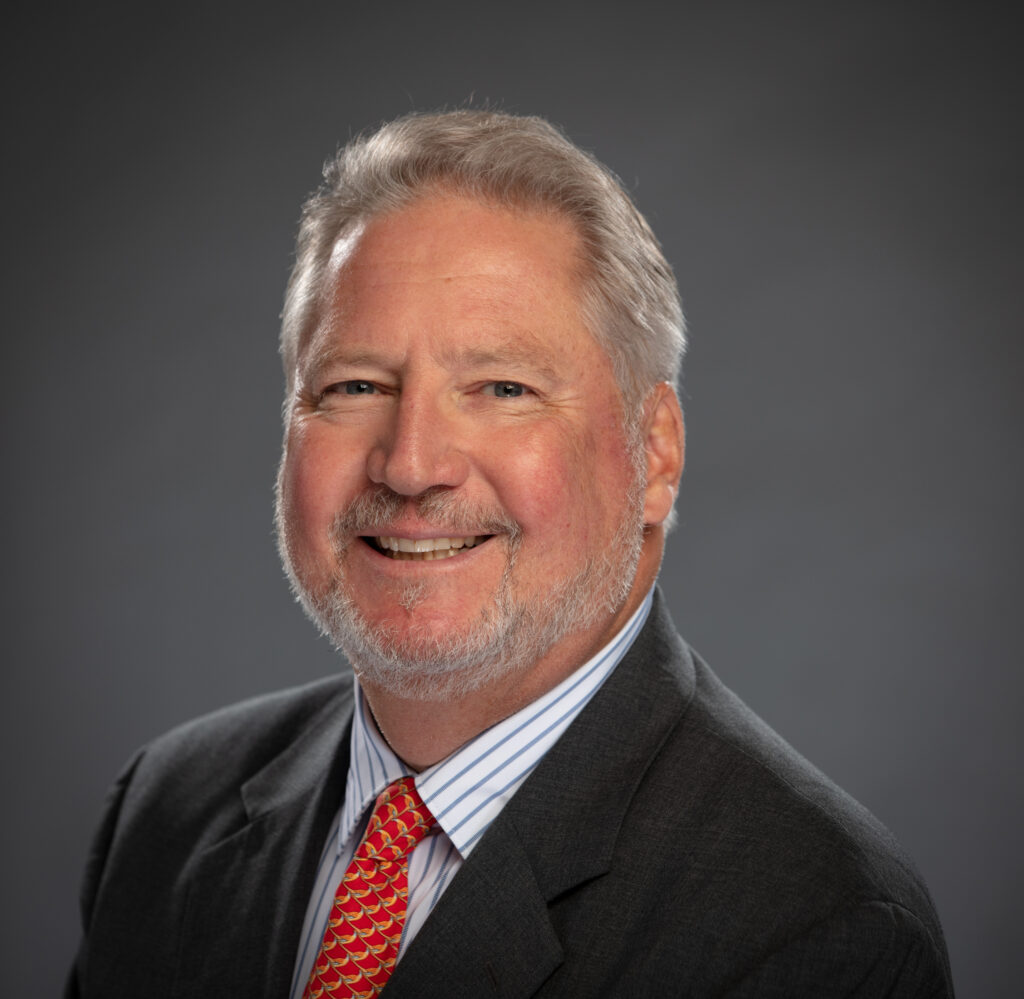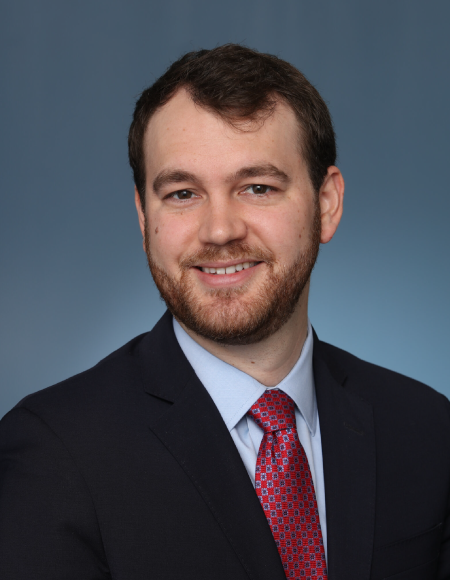It’s been about six months since you’ve submitted your Protest to your examination manager. You’ve heard nothing from the examiner – no rebuttal, nothing. Then, today, you receive a letter from the IRS Independent Office of Appeals informing that your case has been assigned to an Appeals officer. You don’t recognize her name and notice that she is not from the local Appeals office. What do you do now?
This is the second of a five-part series on pointers for powerful Appeals. In this article, we discuss Preparation for the initial conference. We’ve already provided pointers on the Protest. Following articles will discuss Presentation, Persistence, and Perfection. But for now, let’s focus on preparing to meet with Appeals.
“Getting to know you, getting to know all about you.” Just who is your Appeals officer? (Most Appeals officers are IRS “lifers,” but many come from industry or from tax practice firms.) What’s her background? (Many are attorneys, some are CPAs, a few are both or neither.) Her work style? (Some like to reach settlement in one conference, others start with a “meeting about meetings,” while still others defer to specialists and never get their hands dirty.) How do you get answers to these questions? Your TEI network is a good start. I would also ask my professional tax service providers. It’s also important for the Appeals officer to know about you. Build rapport right from the start. When you receive the assignment letter, you should call and introduce yourself, but be careful. The letter is issued once the case is assigned to an Appeals officer, but they are often backed up with dozens of cases ahead of yours. Don’t act like you are pushing for an immediate conference.[1] Try this: “Hi, I received your letter. I’m calling to introduce myself. I can only imagine how many cases you have before ours. Let me know a good time in the next few months when we would be to call to talk about our case.” Finally, if you have not received a rebuttal to the protest from exam, ask the Appeals officer if there is one in the administrative file. Ask her for a copy and whether you should respond to it now or wait until the conference.
Learn the ground rules of the conference. No two Appeals conferences are run the same. We say this based on decades of experience. Typically, Appeals offers the examiner a pre-conference to discuss the adjustments and to answer Appeals’ questions. The taxpayer is invited to attend but not participate. Then, exam is excused, and Appeals meets alone with the taxpayer to explore settlement. That’s been standard since 1998,[2] but Appeals officers often depart from that model. Sometimes during the pre-conference, the Appeals officer will ask the taxpayer to respond to exam’s presentation. More recently, Appeals has asked exam to remain after the pre-conference and participate in the taxpayer’s conference.[3] Each of these scenarios requires strategy and preparation. Have a clear understanding of how your Appeals officer works. A more pernicious problem is when exam raises new issues or arguments in its pre-conference which is a clear violation of Appeals procedure.[4] Have a conversation with the Appeals officer about how she will respond to that scenario.
Know who will attend the conference and who the decision makers are. So far, we know that the Appeals officer will be there and that the examiners will be as well – at least for the pre-conference. Who else may attend? Again, it’s important to know so you can be prepared. Here are some characters who may participate:
- IRS Counsel. Appeals is allowed to have Counsel participate in the conference.[5] However, it’s important to understand Counsel’s role. Are they to assist exam? Assist Appeals? Or, some other purpose? Know before hand why Counsel is present.
- Exam Manager. Managers may be present for a variety of reasons: to observe and evaluate the examiner’s performance at the pre-conference presentation; to demonstrate to Appeals the importance of the issue; or to understand how the resolution of the issue may effect later years.
- Exam Specialist. He may help the examiner present the position to the Appeals officer and be available for questions.
- Appeals Specialist. She is there to help the Appeals officer’s consideration of a particular issue. If the issue is Coordinated, then she must agree with any settlement of the issue.[6]
Knowing that there may be a whole cast of characters, the taxpayer should know who has settlement authority. Before the conference, ask the Appeals officer who must approve any settlement.
Thinking about who should attend from the taxpayer’s side. Now that you know who will appear for the IRS, who will you recommend should attend the conference on behalf of the taxpayer? There is no set answer to this question. A good rule is everyone who has a role or purpose for attending and no one else. Here are some people you may consider attending:
- A member of the companies’ tax department. Almost certainly. (We would only recommend against it, if there was some reason he or she should be there.) As we will discuss in the next installment, we recommend that the tax department representative participate in the presentation.
- An outside service provider as representative. We know this sounds like self-service, but this person is crucial. You may know your issue better than anyone. You may have considerable IRS controversy experience. However, a seasoned representative knows the rules, the roles, and the possible outcomes. As we’ll discuss in future installments, negotiation, settlement, and exit strategy require acquired skill.
- The Chief Financial Officer (or delegate). Typically, we would recommend against this because most are not tax professionals, and thus, could say something off script and damage the case. That said, we have had some really tax savvy CFOs as clients. It’s often good to have them hear the government’s case so that they can understand the real value of an issue.
- Typically not. However, if there is a very technical factual background, we may recommend that a witness with deep technical background or expertise appear and answer questions. This can be risky, but a well-prepared, credible witness is often very persuasive. The Appeals officer must understand the hazards of litigation for the government, and hearing from a great witness can help the Appeals officer understand what a mistake taking your issue to trial would be.
Mechanics of a presentation. Knowing what you know now about your Appeals officer, the ground rules, and the IRS attendees, what would be an effective presentation? Check in for our next installment because we will address that subject next.
[1] Trying to force a quick conference or resolution is a mistake. Demanding an answer immediately almost always draws an unacceptable answer. Patience is important, but often your CFO won’t agree. Manage expectations early and often.
[2] See Internal Revenue Service Restructuring and Reform Act of 1998, Pub. L. No. 105-206, Sec. 1001(a) (directing the IRS to “ensure an independent appeals function within the Internal Revenue Service, including the prohibition in the plan of ex parte communications between appeals officers and other Internal Revenue Service employees to the extent that such communications appear to compromise the independence of the appeals officers”).
[3] See Appeals Team Case Leader Conferencing Initiative: Summary of Findings and Next Steps, IRS Independent Office of Appeals (September 2021) (irs.gov).
[4] The Appeals Judicial Approach and Culture (AJAC) Project provides that Appeals will not raise new issues and will not reopen an issue on which the taxpayer and the IRS agree. See also I.R.M. 8.6.1.7 (2019).
[5] I.R.C. § 7803(e)(6)(B).
[6] I.R.M. 8.7.11.12.1 (2018)
Article by Mark Mesler and Ethan Vernon
Authors

Mark Mesler, Esq.
Senior Counsel at Asbury Law Firm. He is a retired Principal at Ernst & Young where he led the firm’s Tax Controversy practice.

Ethan J. Vernon, J.D., MTX
Associate at Asbury Law Firm, Tax Counsel. Ethan focuses his practice on federal and state tax controversies, tax litigation, business tax planning, and corporate organization.